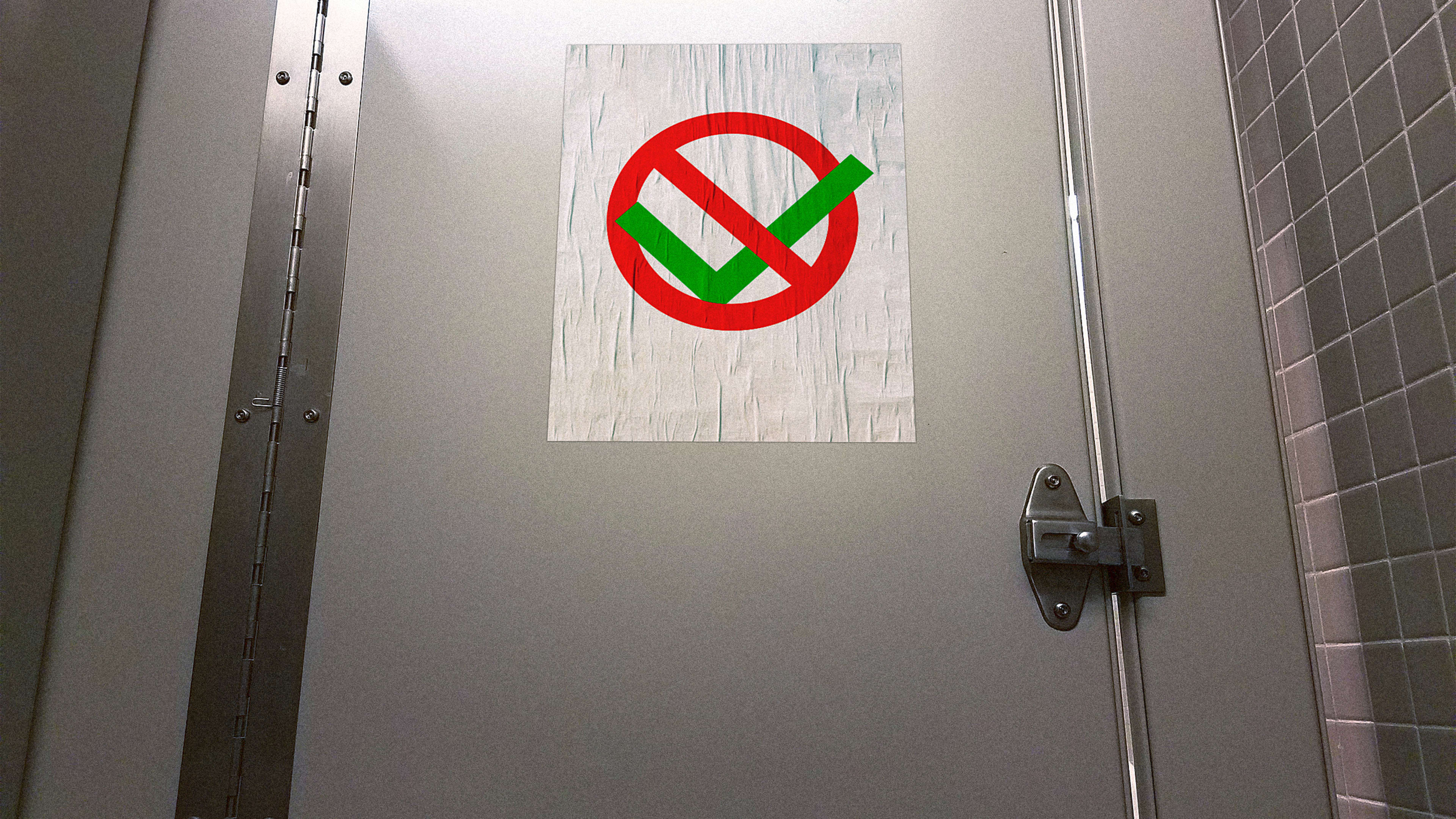Though a majority of Americans support unions, just a small fraction of workers—about 12%—are actually in one. Labor experts say one reason for that discrepancy has to do with the efforts companies have made to fight or derail union organizing. And all those efforts have come at a hefty cost: Employers spend more than $400 million a year on “union-avoidance consultants,” according to the Economic Policy Institute.
That data is an update to a 2019 EPI report on the union-avoidance industry, and coincided with a hearing by the Bernie Sanders-led Committee on Health, Education, Labor and Pensions (aka HELP Committee) about Starbucks’s union-busting tactics. “We wanted to shed light [on the fact that] large corporations spend millions of dollars each year just to deter and suppress their workers from forming a union, even though that is the workers’ right to do so,” says Margaret Poydock, a policy analyst with the EPI.
There aren’t numbers for how much Starbucks has spent on such consultants, though, because of a loophole in the law. While employers and consultants are required to report certain “union-avoidance expenditures” through forms with the Department of Labor, there are exemptions if a consultant is just providing “advice”—a vague term the EPI notes is not defined by the law. As such, it’s often exploited by employers and consulting firms. There’s also little enforcement on the reporting requirements more broadly. (The EPI data on union-avoidance consultants comes from an analysis of forms filed by consultants with the Labor Department.)
That means that the $400 million-per-year figure is likely an undercount. “We think that actually this is just a drop in the bucket . . . but the definition of what can be counted or should be reported is very broad, so it’s not being captured,” Poydock says.
Union-avoidance consultants help dissuade or interrupt employee efforts to unionize. “When workers decide they want to organize, what they’re basically saying is they want a seat at the table; they want to negotiate over wages, benefits, working conditions,” says Christian Sweeney, deputy organizing director for the AFL-CIO, which includes 60 member unions and more than 12.5 million workers (Sweeney was not involved in the EPI report). “And so employers who don’t want to do that will very often hire consultants to help run a campaign.”
What that looks like can vary, but Sweeney says those anti-union campaigns usually use fear, doubt, and uncertainty to try to convince workers they’re better off letting the employer make all the decisions, or that there would be some consequence—that the company will shut down or move, for example—if they do unionize. In some cases, management will make speeches to workers about why unions are a bad idea during “captive-audience meetings.” In others, they’ve been known to deploy aggressive messaging aimed at deterring employees’ unionizing efforts. In 2019, for example, Delta distributed posters to employees suggesting their money would be better spent on video games than union dues; that same year a Nevada casino served “VOTE NO” branded steaks on the free buffet line for employees just days ahead of a union election.
Many of these sorts of tactics are illegal under the National Labor Relations Act, but there are no monetary penalties for breaking that law. The National Labor Relations Board found that Amazon broke the law when fighting two union efforts in Staten Island warehouses in 2021 and 2022, but there was essentially no penalty; the ruling simply ordered Amazon to stop. One violation was specifically committed by a consultant hired to fight those efforts. Amazon paid the consultant’s firm $371,000 for work during 2021. But that was just a fraction of the money the company spent on union-avoidance consultants. Amazon spent nearly $4.2 million on such consultants in 2021, per the EPI.
It’s unclear whether the cost spent fighting unions outweighs the cost an employer would spend by working with a union on, say, raises or other benefits. (Although in come cases, unionizing may help save companies money or can be associated with other positive benefits). And even if many employers see having a union as costly, Poydock notes that “the money that they’re spending to avoid a union could have gone toward the workers.” Employers don’t just risk spending millions when fighting unions. “There are reputational costs, there are employee relations costs. There are all sorts of costs that go far, far beyond what they spend on the union avoidance,” Sweeney says.
Not all companies use union-avoidance consultants, and those that don’t likely have more good will from their workers, Sweeney says; he points to Major League Baseball as one example, which voluntarily recognized a union for minor league players. To prevent more union-busting, organizations like the EPI are calling for policy changes like the Passing the Right to Organize (PRO) Act, which would require disclosures of “indirect” actions by union-avoidance consultants.
And the tide could eventually turn on employers due to an increase in union interest, Sweeney adds, noting, “I’ve never seen an environment like this one in terms of where workers’ opinions are. And I suspect that more of this money will be money wasted when it’s spent in the future because it’s not the direction the wind is blowing.”
Recognize your brand’s excellence by applying to this year’s Brands That Matter Awards before the final deadline, June 7.
Sign up for Brands That Matter notifications here.
